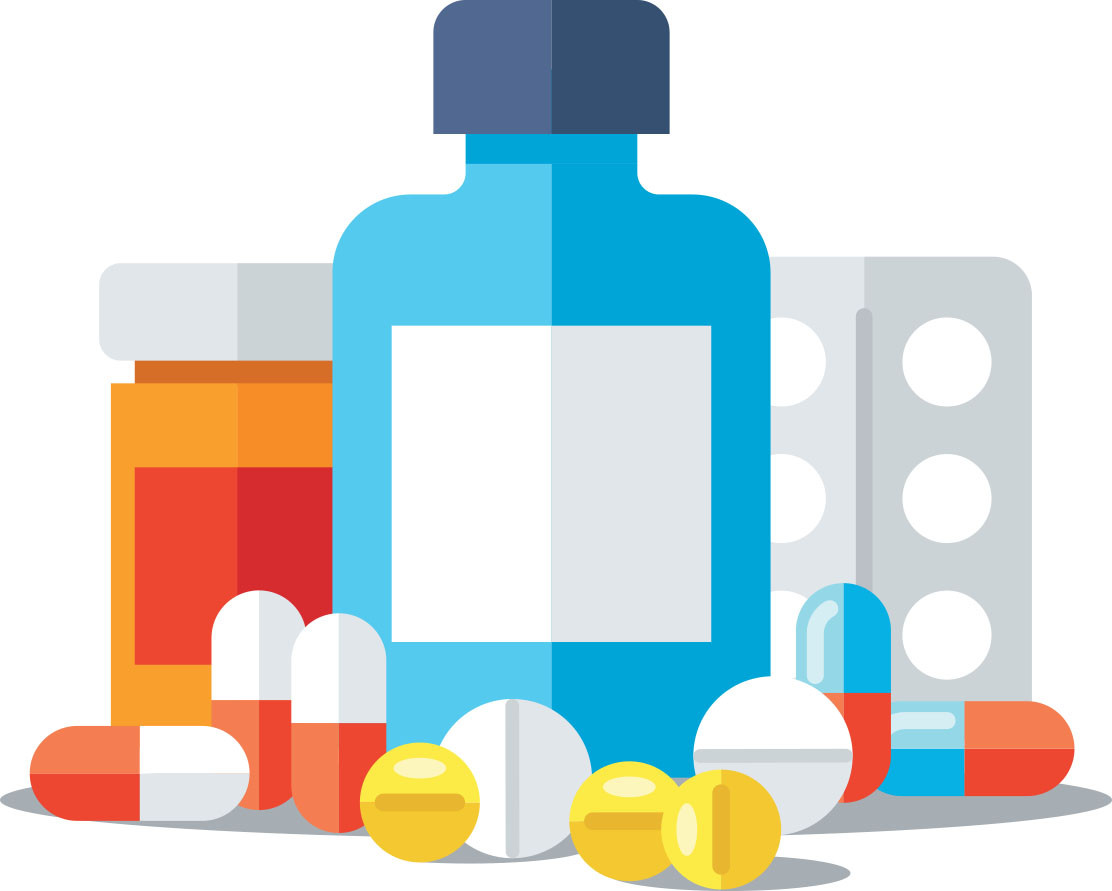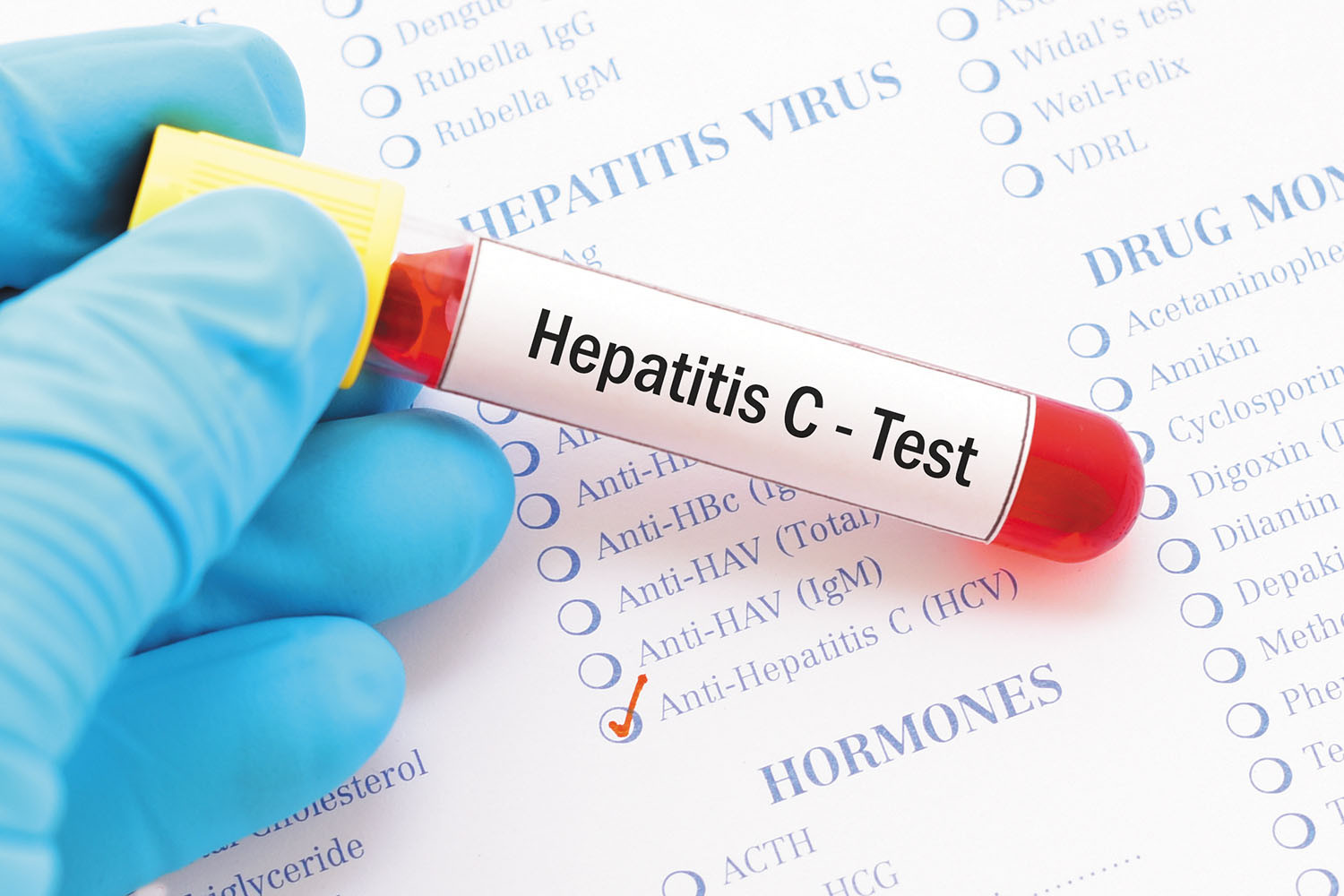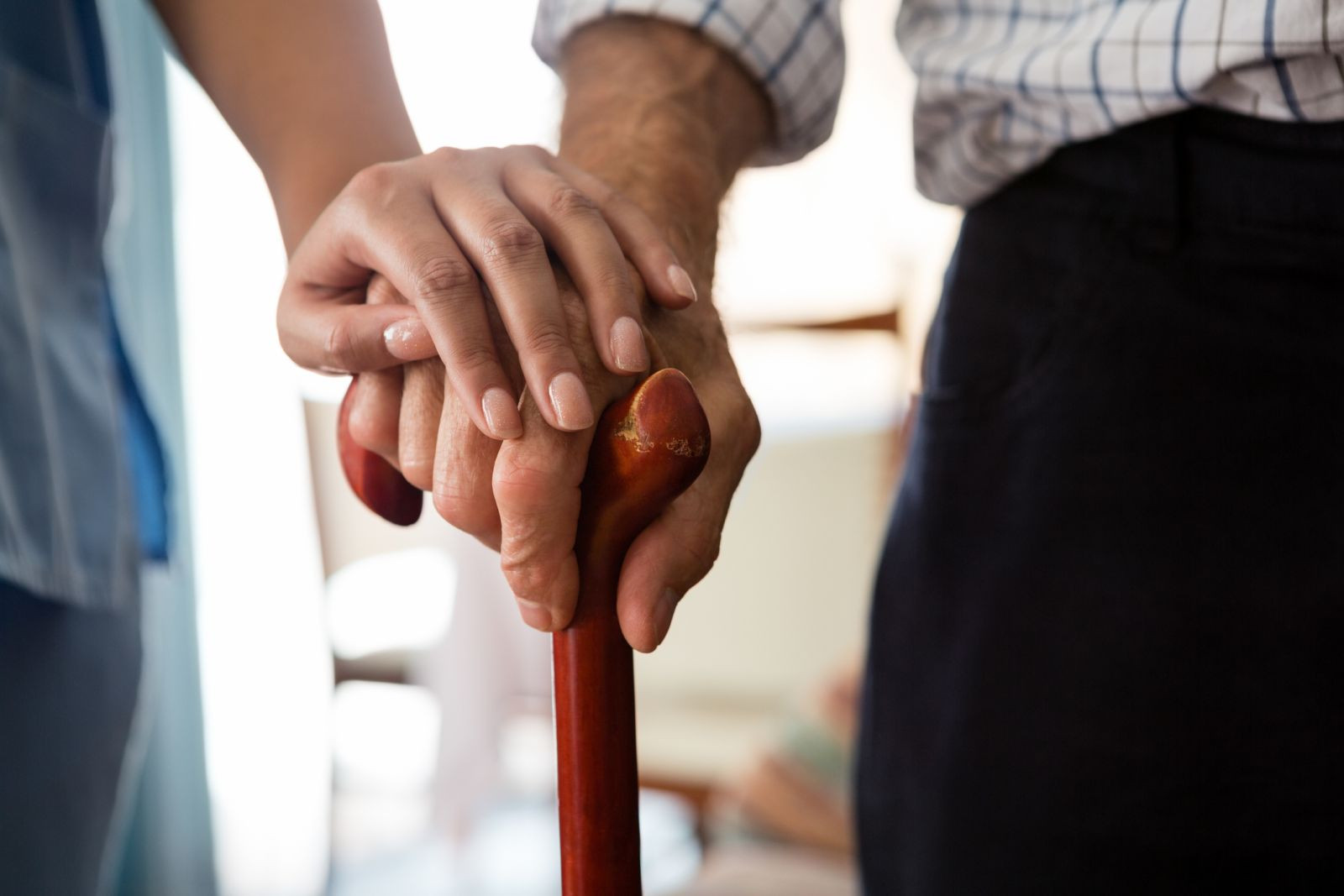
Wildfires: How to cope when smoke affects air quality and health

What can magnesium do for you and how much do you need?

Dry socket: Preventing and treating a painful condition that can occur after tooth extraction

What happens during sleep �� and how to improve it

How is metastatic prostate cancer detected and treated in men over 70?

Could biofeedback help your migraines?

What is autism spectrum disorder?

Plantar warts: Options for treating this common foot condition

Cancer survivorship: What comes next after treatment

Nutritional yeast: Does this savory, vegan seasoning pack a nutritional punch?
Diseases & Conditions Archive
Articles
Higher vitamin D levels linked to lower risk for diabetes
News briefs
Vitamin D is an essential vitamin; low levels are associated with poor bone and muscle health and other chronic conditions, such as heart disease and cancer. Now, a study published online April 19, 2018, by PLOS One has tied higher vitamin D levels to a lower diabetes risk. Researchers followed 900 older adults (average age 74) for 12 years, checking their vitamin D and blood sugar levels during clinic visits. Compared with people whose blood levels of vitamin D were below 30 nanograms per milliliter (ng/ml), people with vitamin D levels of 30 ng/ml or more had one-third the risk for developing diabetes, and people whose D levels were 50 ng/ml or more had one-fifth the risk. This study does not prove that taking vitamin D supplements to raise blood levels of vitamin D would reduce the risk of diabetes, although that is possible. The Institute of Medicine maintains that a blood level of 20 ng/ml or higher is sufficient for 97% of the population. Other authorities think that levels higher than 20 ng/ml are better for health. Large studies are under way to help resolve these differences of opinion.
Image:��© cegli | GettyImages
Baby boomers: Don’t forget hepatitis C screenings
News briefs
Baby boomers are falling short in getting hepatitis C screenings. In 2012, the CDC urged the entire generation of people born from 1945 to 1965 to get this simple blood test, noting that baby boomers are five times more likely to have the virus than other adults. But a study published online March 27, 2018, by the journal Cancer Epidemiology, Biomarkers & Prevention found that only about 13% of baby boomers had been tested by 2015, up just one percentage point from 2013. The information came from national government health surveys. Hepatitis C can lead to cirrhosis, liver damage, liver cancer, and liver failure. Treatments are now available that can cure hepatitis C, if it's caught early enough. Baby boomers are believed typically to have become infected in the 1960s through the 1980s, when transmission of hepatitis C was highest. People at highest risk are those who have used intravenous drugs, had more than one sex partner, or received a blood transfusion before 1992, when the blood test for hepatitis C was first available.
Image: ©��juststock | GettyImages
Tips to cope when you’re juggling several chronic health issues
Be proactive by learning about and tracking your conditions and medications, and by speaking up when you have concerns.
��Image: © PeopleImages/Getty Images
We don't want our golden years to be spent juggling a long list of health issues. But that's the reality for most older adults in the United States.
The CDC reports that 75% of Americans ages 65 or older have several chronic health problems. And a 2013 analysis of Medicare claims published online by Preventing Chronic Disease found that 68% of beneficiaries had two or more chronic conditions and 36% had at least four.
How can I treat stubborn hiccups?
Ask the doctor
��Image: © colorcocktail/Getty Images
Q. Home remedies aren't stopping my hiccups. Is there something my doctor can prescribe to help?
A. In the May 2018 issue, I answered a question about hiccups, saying they are common but typically short-lived, and that simple home remedies often can end them. However, I ran out of space to say something about treatments for the very unusual cases of hiccups that don't respond to simple treatments.
Should I get tested for hepatitis C?
On call
��Image: © jarun011/Getty Images
Q. I have recently been hearing a lot about getting tested for hepatitis C. I don't think I have any risk factors, but is this something I should consider?
A. Hepatitis C is a viral disease that causes inflammation of the liver. The CDC reports that 75% of all current cases of hepatitis C are in the baby boomer generation and many more are undiagnosed. The reason is that a vast majority of people have no symptoms, such as fatigue, muscle and joint pain, abdominal pain, and nausea.
Alzheimer's guide: Protect your loved one from wandering
One of the most dangerous and distressing symptoms of Alzheimer's is wandering. It may seem unfathomable that a person might suddenly get up at night to go to the post office or leave home at any hour for no apparent reason. But wandering may be prompted by deep-seated memories of work, chores, or hobbies, or a longing to return to a former home.
The inability to control wandering is what often drives families to decide to place a loved one in a nursing home. However, there are some simple measures to prevent wandering that often work well for a time and can even help postpone that difficult decision.
A Harvard Medical School doctor answers a question about hand cramps
Q: I have strong hand cramps that curl my fingers into a claw shape. I can only straighten them by using my other hand. What can I do to keep this from happening?��
A: What you describe sounds like carpal spasm. Spasms, or cramps, are involuntary muscle contractions. The most common causes of spasms are overused muscles (in the hands that might be due to writing or typing) and dehydration. Other causes of muscle cramping include low levels of calcium and magnesium.
Getting rid of the itch of eczema
Ask the doctors
��Image: © jacoblund/Getty Images
Q. I was recently diagnosed with eczema. Is this condition treatable without the use of steroids? I'd like to avoid using them if I can.
A. Eczema, also known as atopic dermatitis, is a chronic inflammatory skin condition. Some people with eczema have mild dryness or itchiness, while others experience more severe symptoms, such a scaly rash or skin that cracks and oozes. Eczema is more common in childhood, affecting up to 20% of children, but it also affects adults. The good news is it's not contagious, and in some cases, it's possible to manage the condition without using steroids.
Why am I losing weight?
Ask the doctor
��Image: © bhofack2/Getty Images
Q. I'm an 87-year-old man. Over the past year I've lost considerable weight, and I didn't have that much to lose. My doctor can't find any reason for my weight loss and is advising me to eat ice cream. But isn't that risky for my heart?
A. I smiled when I read your letter, because I've occasionally said that if I were to develop a terminal condition, the silver lining on that cloud would be that I could finally eat all the hot fudge sundaes I wanted.

Wildfires: How to cope when smoke affects air quality and health

What can magnesium do for you and how much do you need?

Dry socket: Preventing and treating a painful condition that can occur after tooth extraction

What happens during sleep �� and how to improve it

How is metastatic prostate cancer detected and treated in men over 70?

Could biofeedback help your migraines?

What is autism spectrum disorder?

Plantar warts: Options for treating this common foot condition

Cancer survivorship: What comes next after treatment

Nutritional yeast: Does this savory, vegan seasoning pack a nutritional punch?
Free Healthbeat Signup
Get the latest in health news delivered to your inbox!
Sign Up











